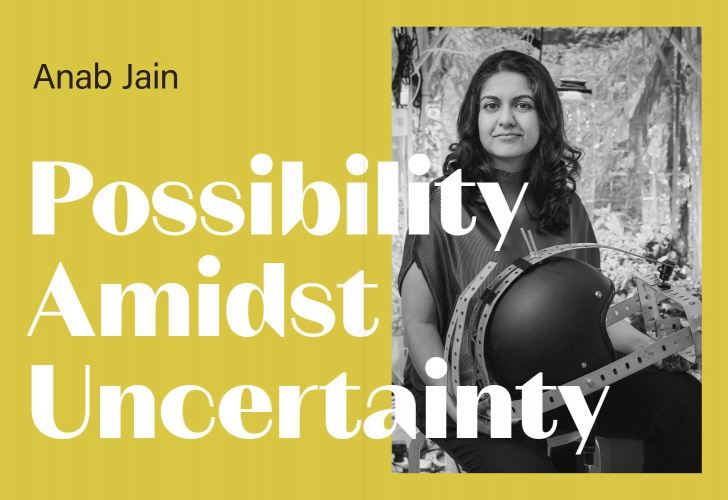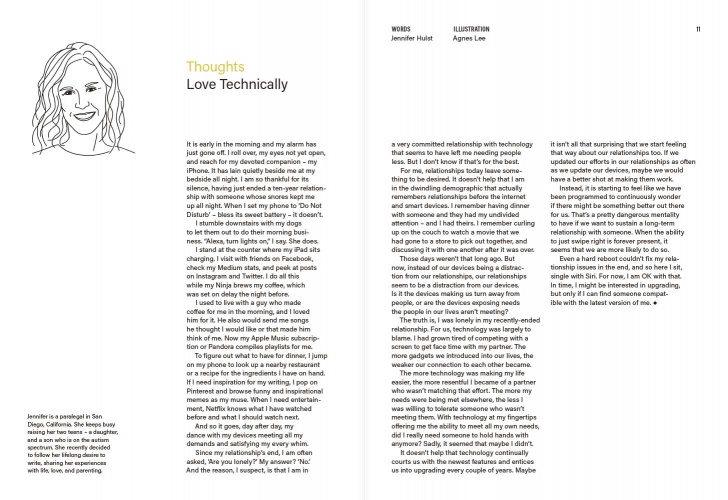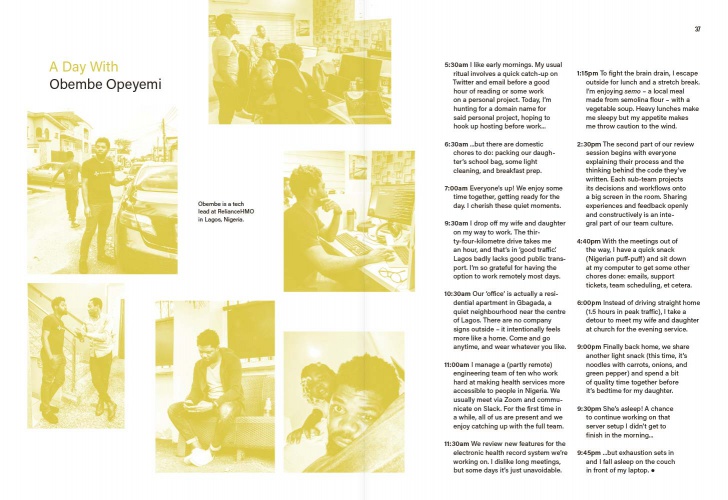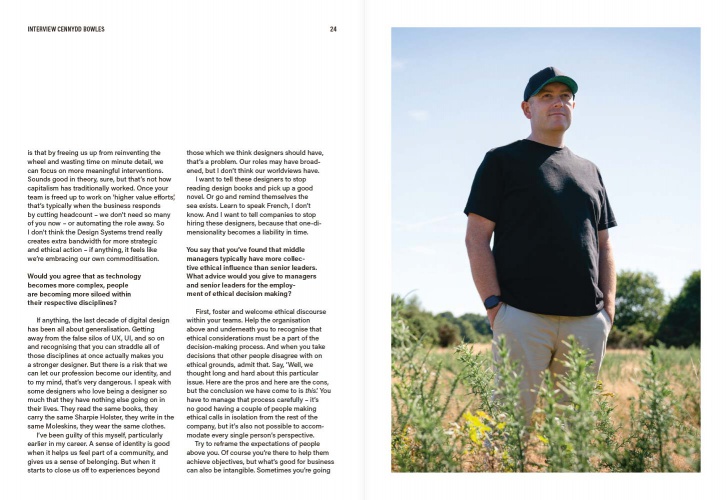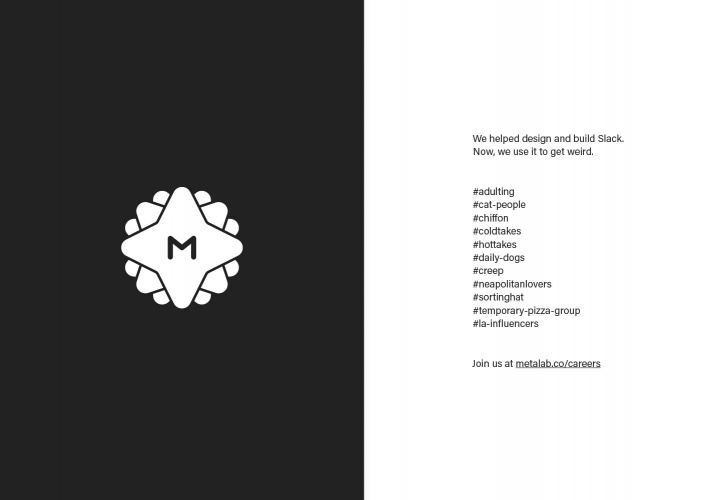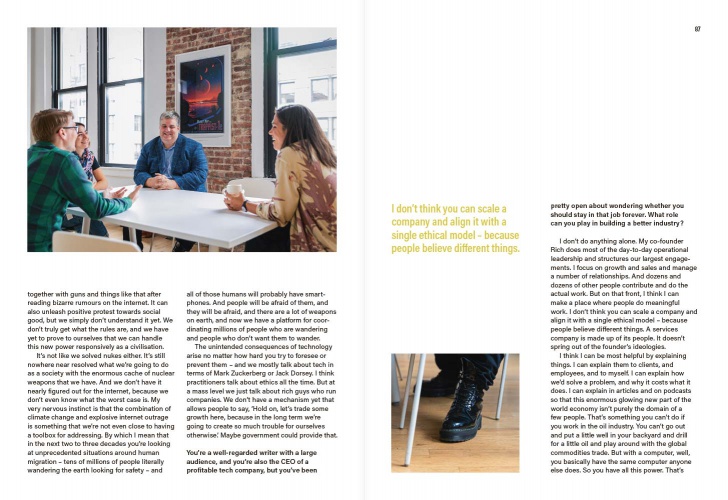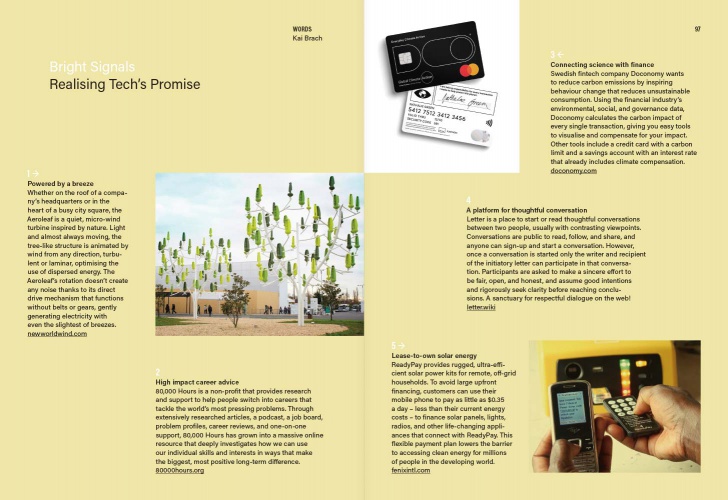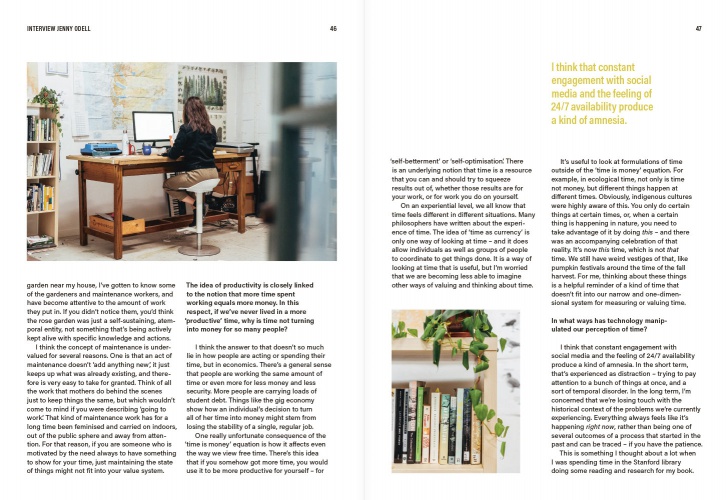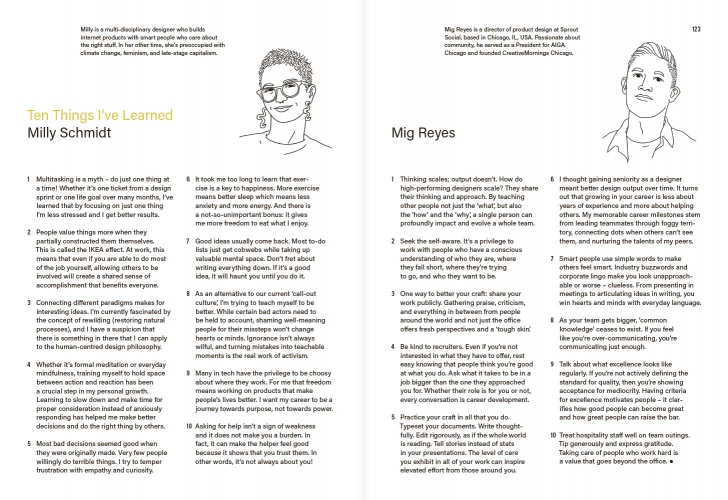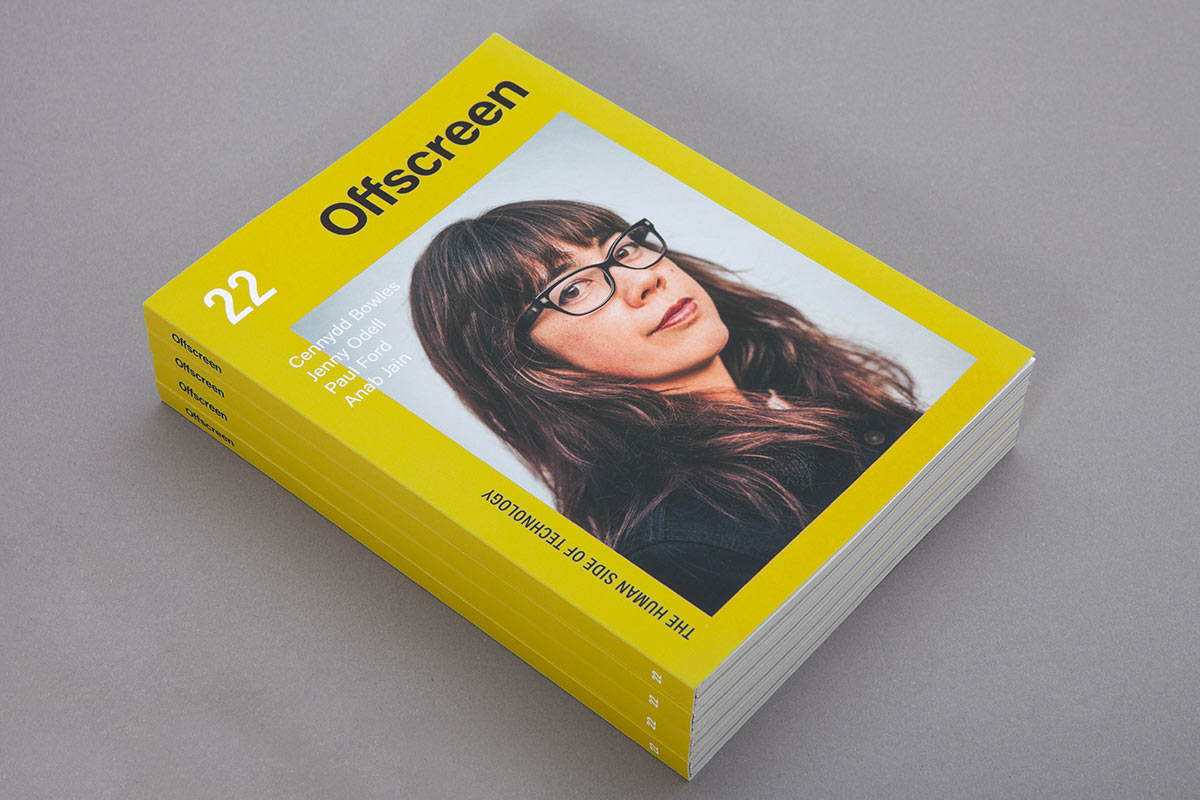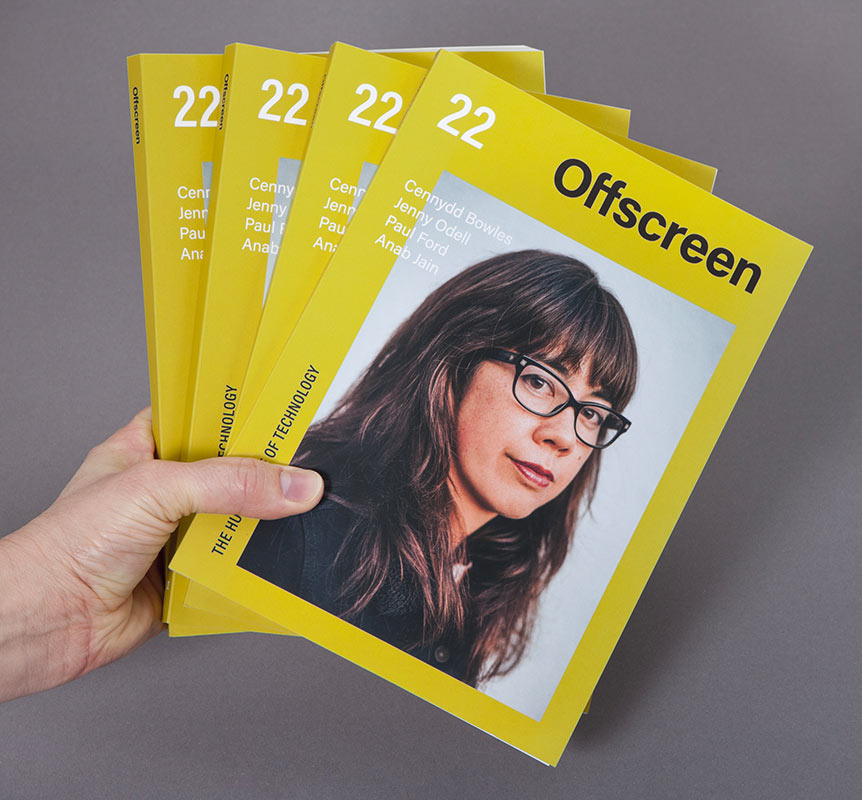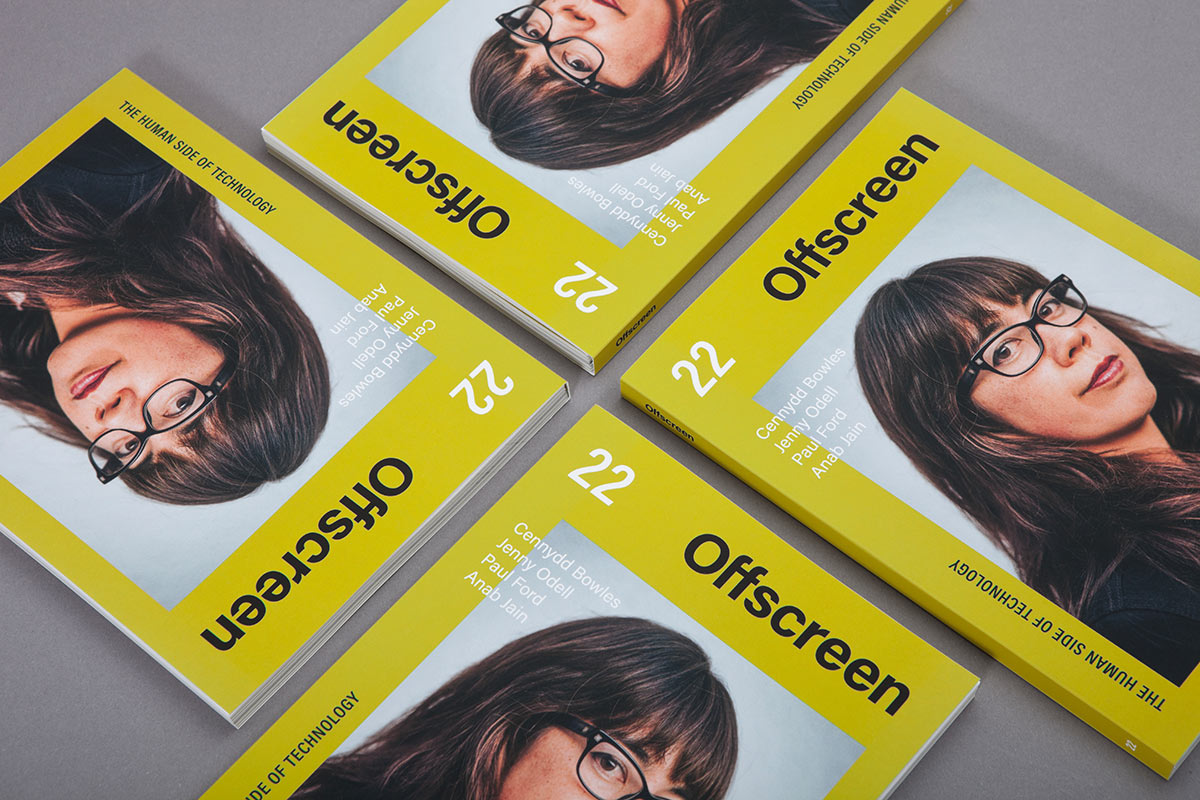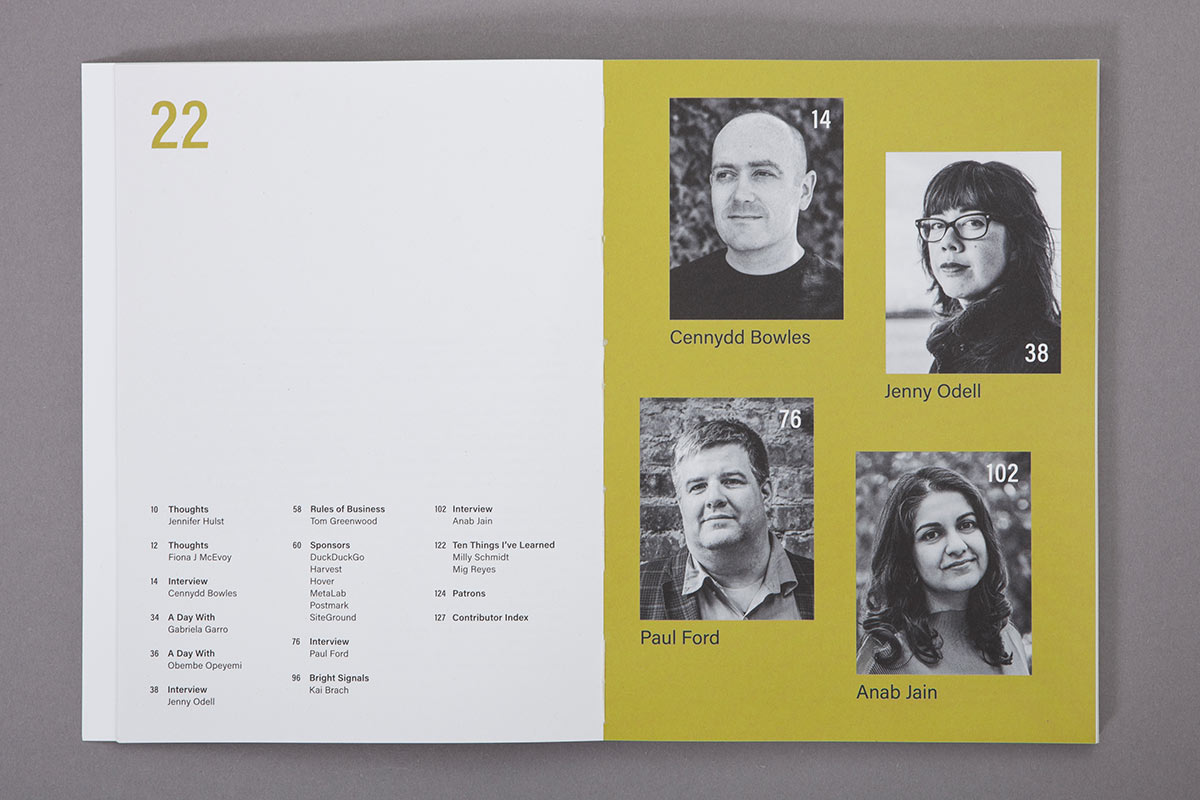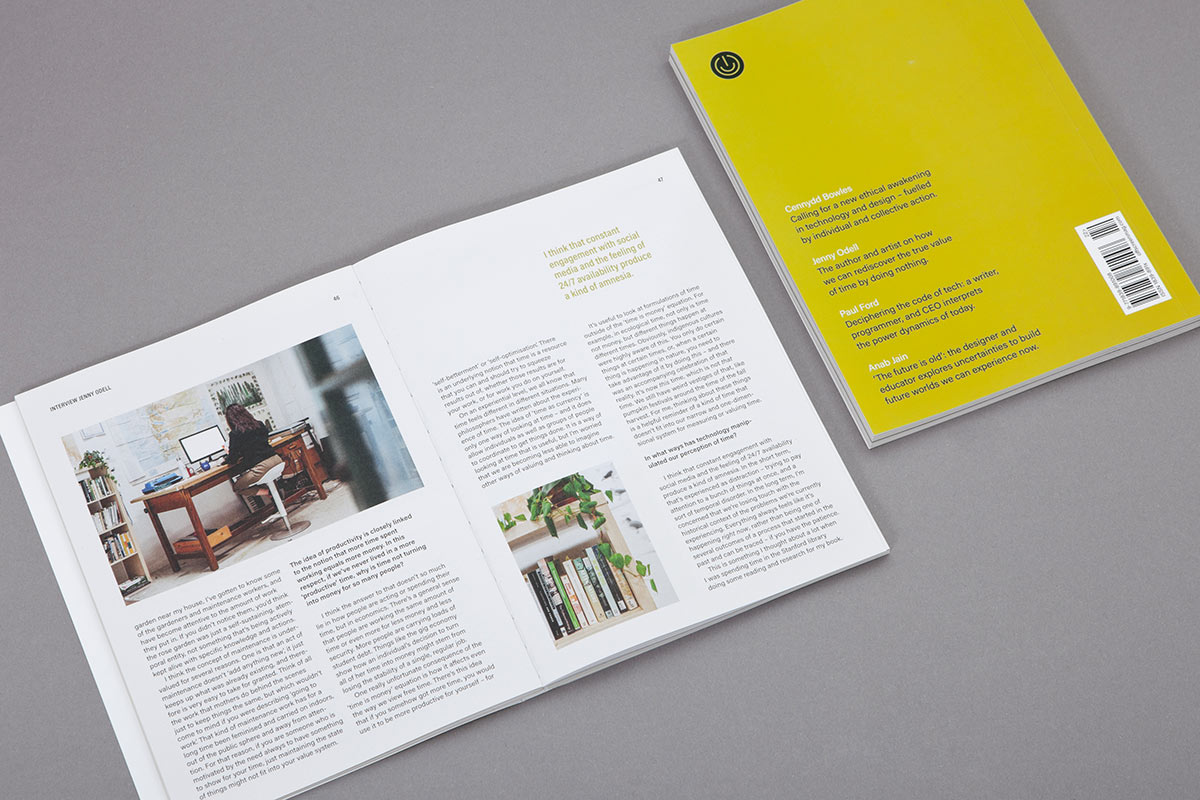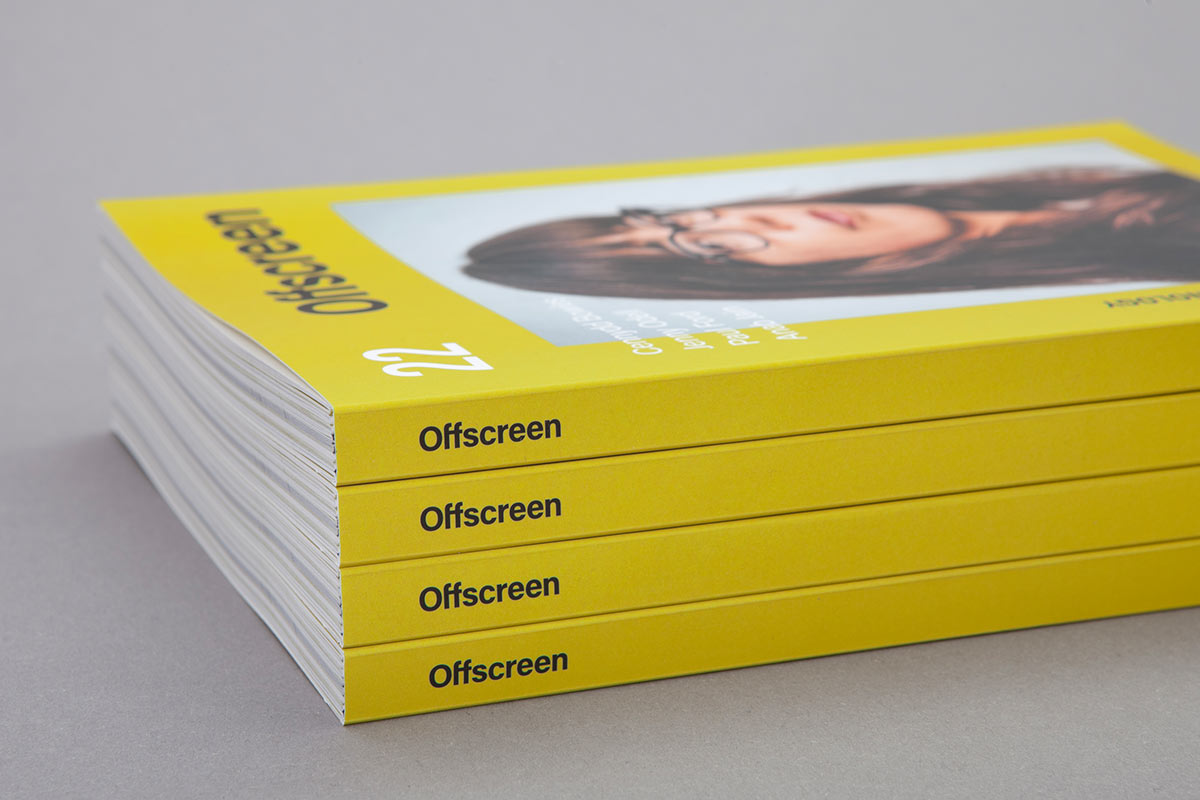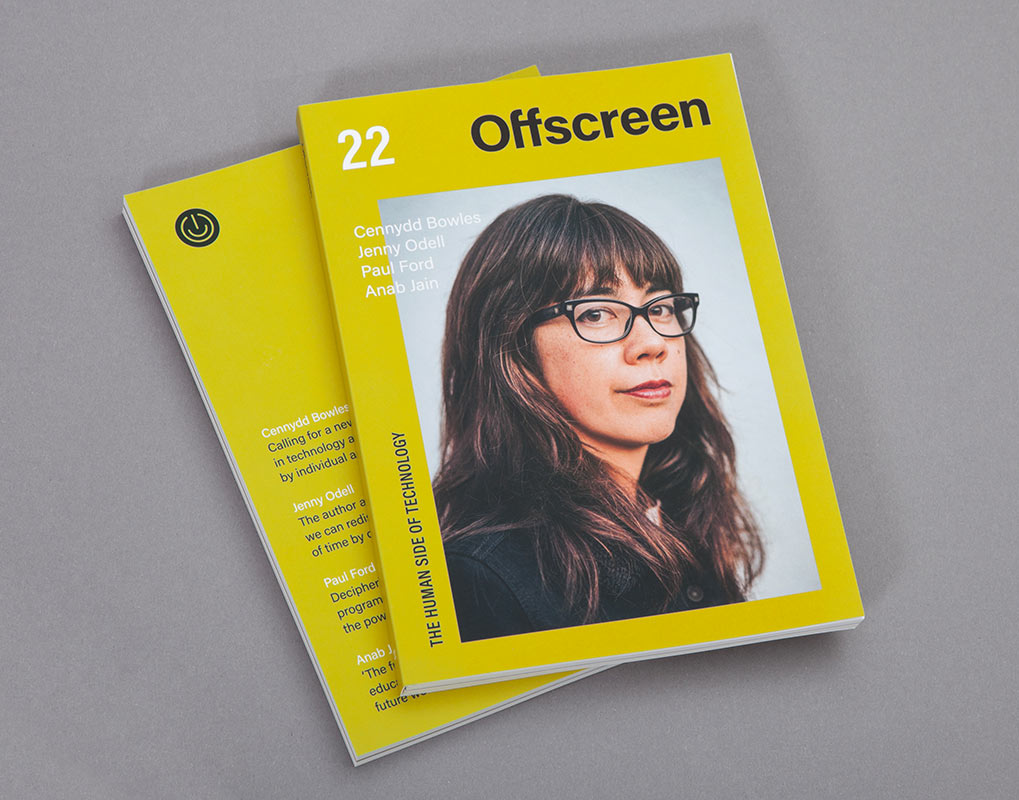
Issue 22
Cennydd Bowles Calling for a new ethical awakening in technology and design – fuelled by individual and collective action.
Jenny Odell The author and artist on how we can rediscover the true value of time by doing nothing.
Paul Ford Deciphering the code of tech: a writer, programmer, and CEO interprets the power dynamics of today.
Anab Jain ‘The future is old’: the designer and educator explores uncertainties to build future worlds we can experience now.
